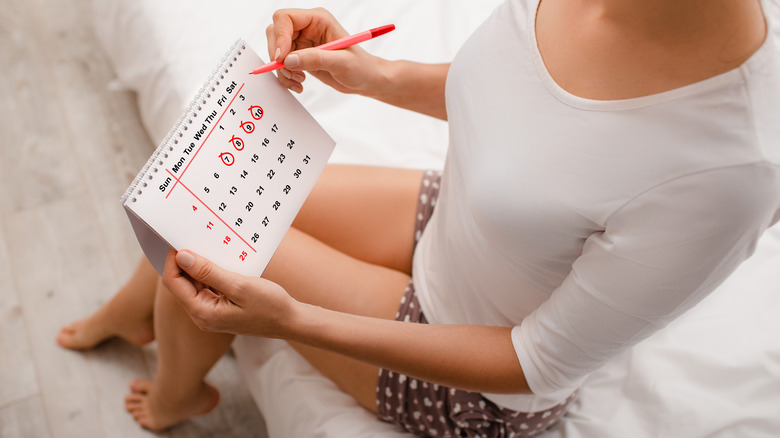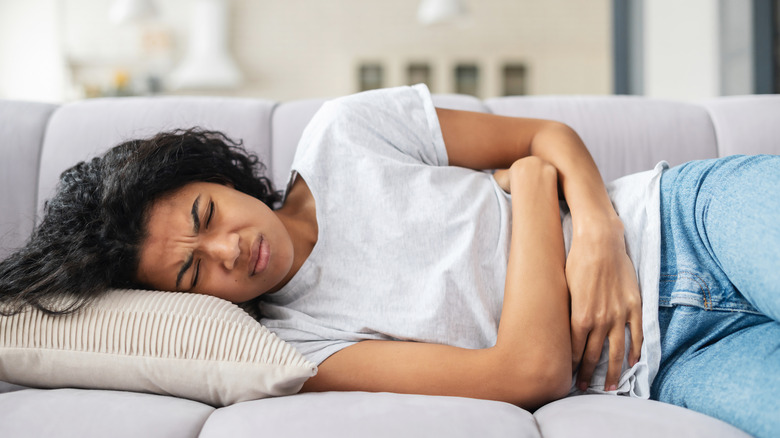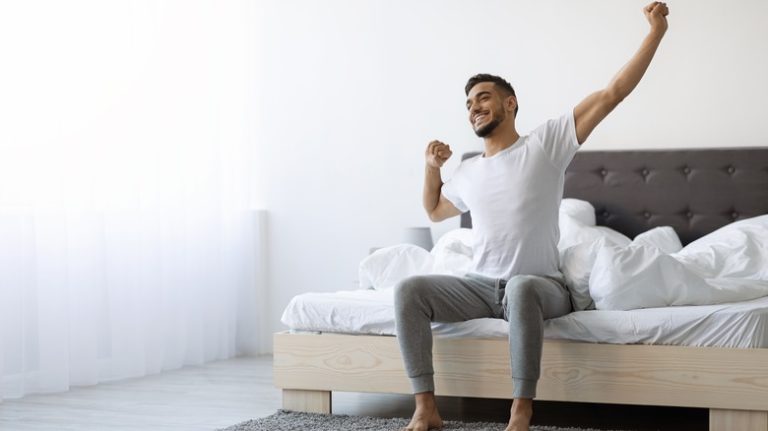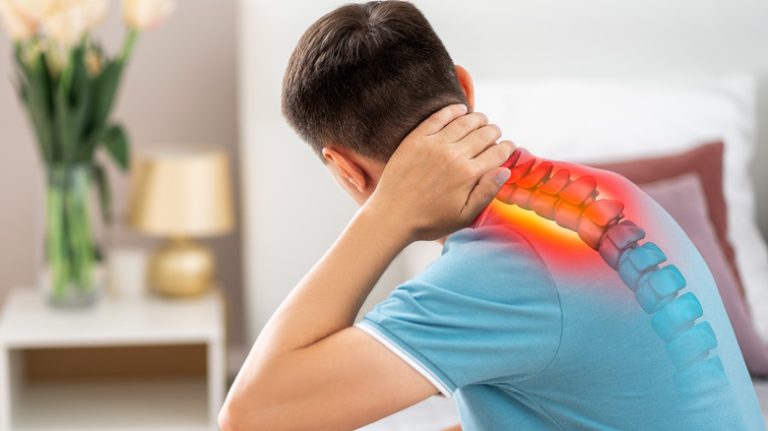A poor night’s sleep can affect your well-being in various ways (via Nature and Science of Sleep). Not getting enough sleep can take a massive toll on your physical and mental health, increasing your risk of issues ranging from diabetes to hypertension to heart disease.
Research shows that women are more likely to struggle with sleep woes than men (via the Journal of Sleep Medicine and Disorders). Around 34% of women are not getting their recommended seven hours of sleep per night, reports the Centers for Disease Control and Prevention (CDC).
Insufficient sleep doesn’t just make you feel lousy; it can disrupt your circadian rhythms, which is the body’s internal clock that regulates your sleep–wake cycle, among other functions, notes a 2024 study published in Current Sleep Medicine Reports. When this is thrown out of whack, it might have an effect on your periods and reproductive health.
The impact of erratic sleep patterns is reflected in the shorter menstrual cycles of many night shift workers, per Current Sleep Medicine Reports. In addition, women who work throughout the night are more likely to need fertility treatment compared to day workers, according to a 2024 study from Frontiers in Public Health. They are also generally more vulnerable to endometriosis — a reproductive condition in which tissue resembling the lining of the uterus grows outside of it (via Johns Hopkins Medicine).
Compromised sleep can disrupt your hormonal balance

The amount and quality of your sleep can alter your menstrual cycle in a number of different ways (via Current Sleep Medicine Reports). Being regularly sleep-deprived might mess with your natural levels of follicle-stimulating hormones (FSH), luteinizing hormone (LH), and estrogen. These are all hormones that help regulate your menstrual cycle and ability to conceive.
Another important hormone that might be affected by sleep loss is leptin, according to a 2024 study from the journal Obesity Facts. While more research is needed, cutting corners on sleep might hinder the body’s response to leptin, which can make you feel hungrier than normal and result in weight gain.
Leptin plays a role in regulating menstruation, ovulation, and reproduction (via International Journal of Women’s Health). A drop in leptin can cause a woman’s periods to stop, medically termed “hypothalamic amenorrhea”.
Not getting enough sleep can lead to psychological distress, which may disrupt your flow by firing up sympathetic nervous system activity, per Current Sleep Medicine Reports. Poor sleep can negatively impact the immune system over time (via Nature and Science of Sleep). This might increase inflammation in the body, which has the potential to wreak havoc on your menstrual cycle, notes the Journal of Women’s Health (Larchmt).
Lack of sleep can contribute to period problems

Sleep deprivation can affect the severity of your period symptoms, details a 2024 study from the Journal of Sleep Research. The researchers looked at 574 menstruating females. They found that women who got less than seven hours of sleep a night were more likely to experience heavy bleeding during their cycle compared to women who slept between seven to nine hours. These women were also more likely to complain of fatigue, stress, depression, and irregular periods.
Another 2024 study published in Sleep and Breathing found that disturbed sleep might affect period-related symptoms. Women who commonly experienced insomnia or poor quality of sleep were more likely to report longer periods and pain during their cycle. Those who had less than six hours each night were also more likely to report premenstrual syndrome.
On the other hand, your menstrual cycle may act as a stressor, affecting your ability to get a decent night’s shuteye. A woman’s hormones rapidly fluctuate before and during her periods, which can alter her mood and circadian rhythms. Some women also experience menstrual cramps, noise sensitivity, and gastrointestinal problems, which can mess with their sleep, writes Patient.
If your periods are keeping you up at night, you might be able to tame your symptoms with healthy lifestyle choices, recommends Patient. It can also help to adjust your environment and routine before bedtime to ensure that they’re conducive to drifting off and staying asleep. If you still have trouble sleeping, see your doctor.



